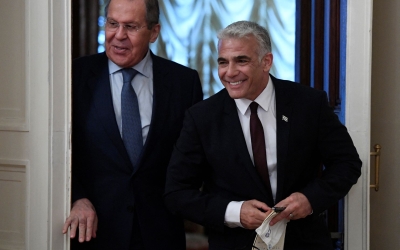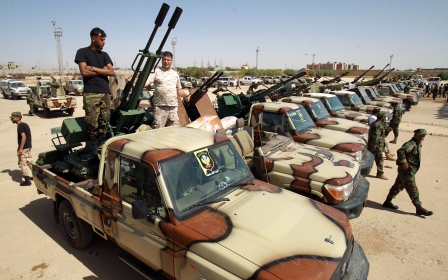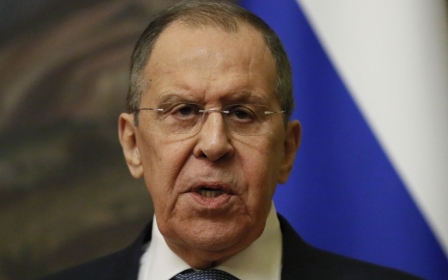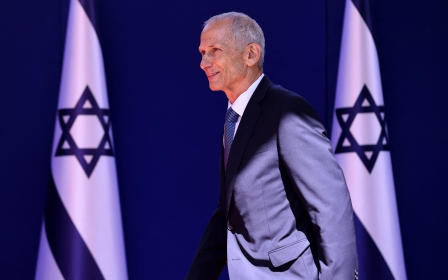Russia-Ukraine war: Moscow accuses Israel of sending mercenaries to Ukraine
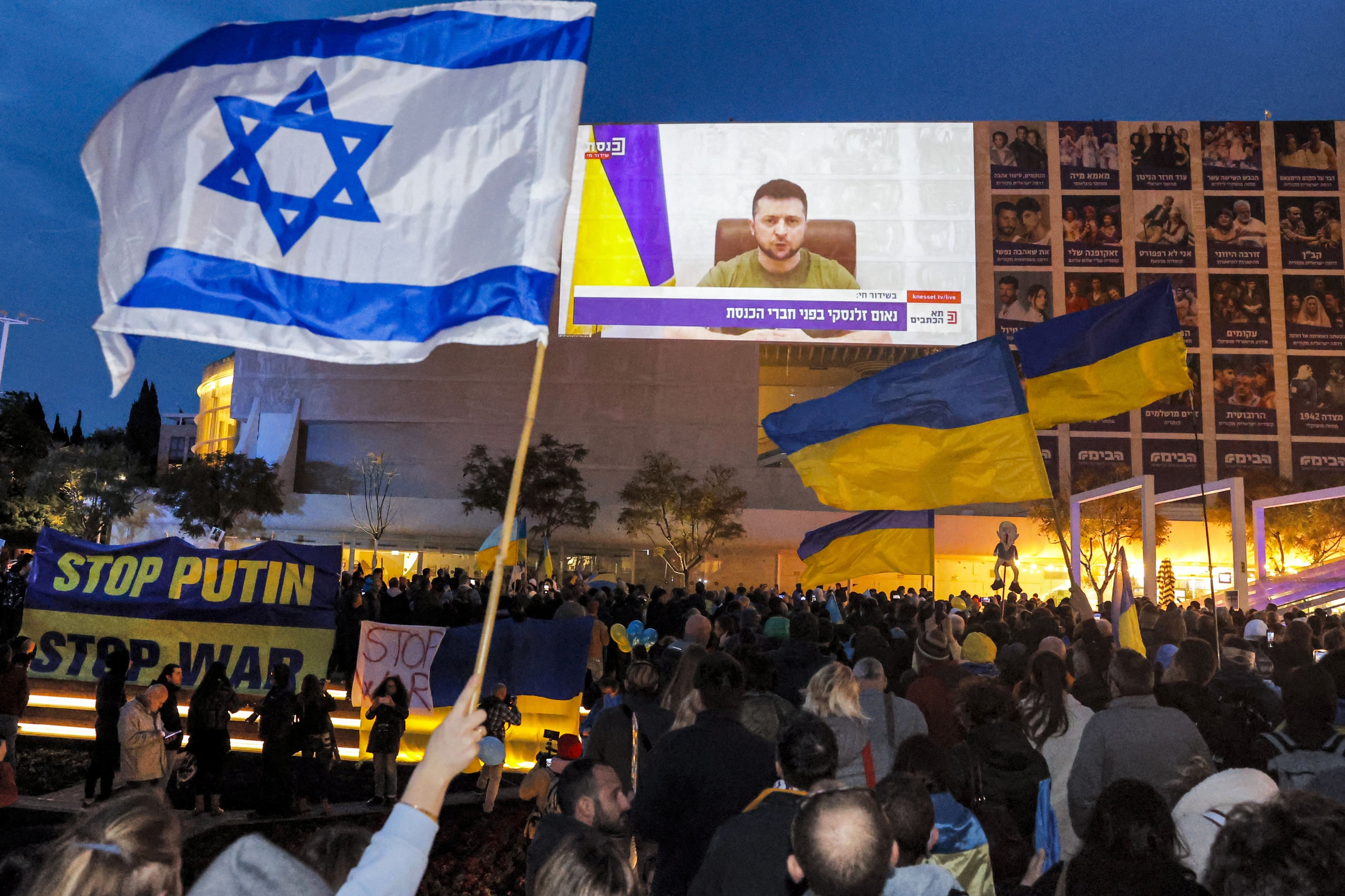
A diplomatic spat between Russia and Israel escalated again on Wednesday as a spokesperson for Russia’s foreign ministry claimed that Israeli mercenaries are fighting Russia as part of a far-right Ukrainian regiment.
"Israeli mercenaries are practically shoulder to shoulder with Azov militants in Ukraine," said Maria Zakharova in an interview on the pro-Kremlin Sputnik radio.
The Kremlin has invoked the Azov regiment as a justification for its invasion of Ukraine, saying it is a concrete example of Ukraine's neo-Nazi problem.
Azov has been a highly controversial battalion since it joined the fight against Russian aggression in 2014, after the annexation of Crimea.
Formed by far-right activists as a response to Russian separatists trying to take over the Donbas region, Azov has subsequently been fighting under the Ukrainian military.
Israeli officials have not yet responded to the implication that Israelis are fighting alongside neo-Nazis.
The remarks came shortly after Russian foreign minister Sergei Lavrov compared Ukraine's Jewish president, Volodymyr Zelensky, to Adolf Hitler, saying they both had Jewish blood.
"The wise Jewish people said that the most ardent antisemites are usually Jews. Every family has its black sheep, as we say," he said on Italian TV on Sunday.
Israeli President Isaac Herzog said on Tuesday that he was "angry" and "disgusted" by the comments.
“During a week when we are remembering the Holocaust, of all weeks, the Russian foreign minister Lavrov chooses to spread lies, terrible lies, which smell of antisemitism,” Hertzog told Haaretz. "I expect him to retract his words and apologise.”
Israel’s Foreign Affairs Minister Yair Lapid called the Russian remarks "unforgivable", "outrageous" and a "terrible historical error".Last month, Lapid accused Russia of committing war crimes in Ukraine.
Russia called the accusations "anti-historical" and "explaining to a large extent why the current Israeli government supports the neo-Nazi regime in Kyiv".
Bilateral relations
Although Israel, a longtime ally of both Russia and Ukraine, has attempted to maintain a degree of neutrality since Russia's invasion in February - to protect geopolitical interests in the region, particularly relating to Iran and Syria - recent comments by Russian officials have provoked a furious response.
Haaretz has reported that Russian Defence Minister Sergei Shoigu cancelled a scheduled phone call with his Israeli counterpart, Benny Gantz, last week. The conversation was meant to coordinate security policy regarding Israeli air strikes on Iranian targets in Syria. Russia has also been hinting at getting closer to Iran.
Three weeks ago, Russian stock exchange officials met with their counterparts in Tehran to discuss cooperation on bypassing sanctions. Radiy Khabirov, the leader of the autonomous region of Bashkortostan, in Russia, is reportedly considering opening a consulate in Iran.
“Although it has been under sanctions for 40 years, Iran has shown that it has serious technological capabilities and economic capabilities. Its experience in the field of petroleum and petroleum distillates, and in food and agriculture, are of great interest to us,” said Khabirov.
Middle East Eye propose une couverture et une analyse indépendantes et incomparables du Moyen-Orient, de l’Afrique du Nord et d’autres régions du monde. Pour en savoir plus sur la reprise de ce contenu et les frais qui s’appliquent, veuillez remplir ce formulaire [en anglais]. Pour en savoir plus sur MEE, cliquez ici [en anglais].


